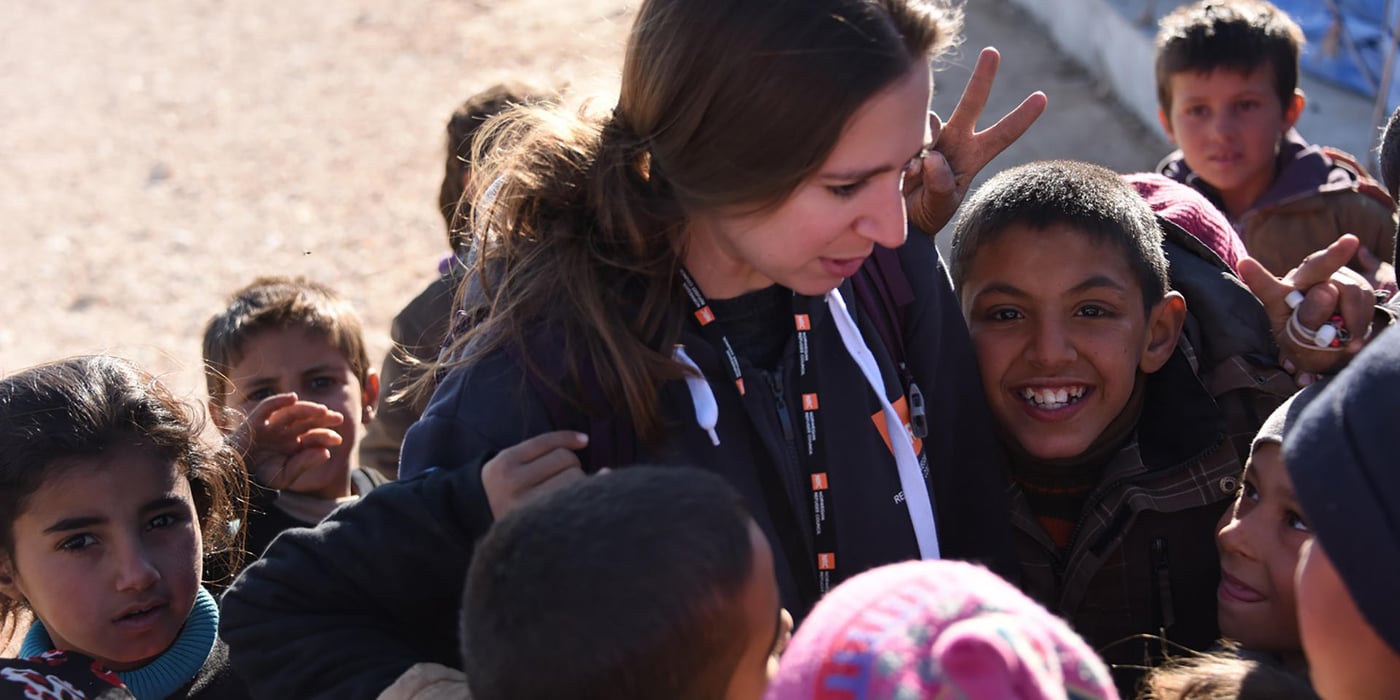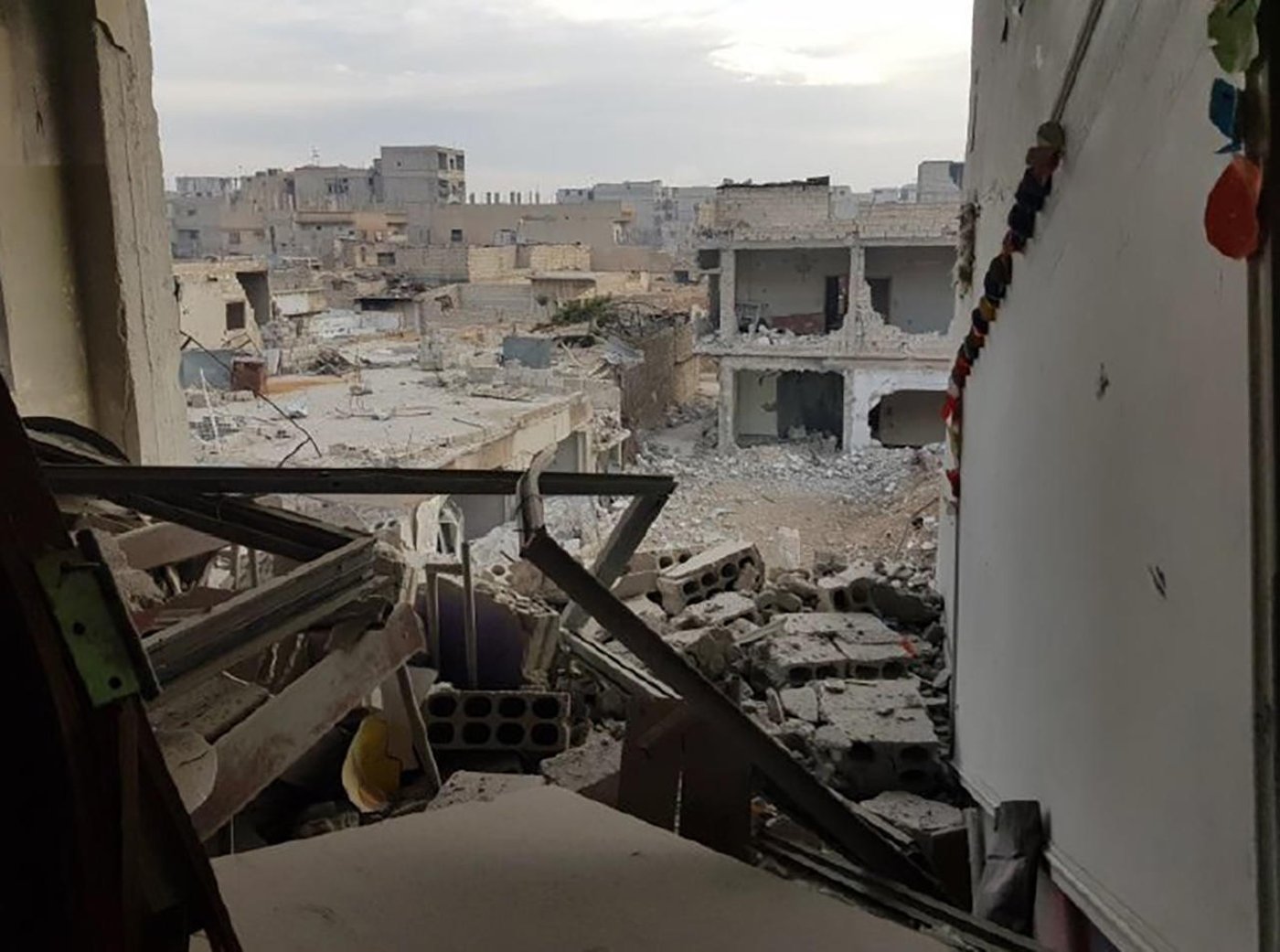
Q: You’re shaping the humanitarian policy for NRC in Syria. Can you describe the situation in the country now?
A: The war is still very active and civilians continue to bear the brunt of ongoing violence. Contrary to last year – when there was an effort to introduce de-escalation measures – is that we now see a dramatic escalation of violence. In 2017, there were three times as many people who were displaced compared to the previous year. Overall there are still massive humanitarian needs and ongoing displacement across the country.
Q: The war is not only affecting Syria. Thousands of refugees have been stopped from entering Turkey, deportations from Jordan have increased massively and more refugees in Lebanon are returning to Syria. How is the situation in the neighbouring countries?
A: These countries have demonstrated an impressive amount of generosity in hosting high numbers of Syrians. Host countries are making efforts to provide residencies, legal status, the right to work and the right to recover lives. International donors have the important role in helping these regional countries to cope. But, there is still room for improvement. Looking ahead, there is an important conference in Brussels is coming up, which will give an opportunity to reflect on all this.

Q: What we know about Syria is what we hear in the news. Can you tell us something about the media narrative when it comes to Syrian refugees and the situation in the country?
A: Since the war has lasted for seven years now, there is a fatigue in the media. They are tired of the war in Syria because it seems to be a lot of the same. But at the same time, there is a more general focus, a lifestyle perspective, on stories. We need a reminder that people still live in displacement. We must not forget that this is about children, mothers and fathers! The human perspective is often overshadowed by the portrayal act of violence. We saw recently that the coverage of the horrific conditions in eastern Ghouta helped us to do something about it.
Q: The conflict has lasted longer than the Second World War. It’s getting harder to remember how it all began. When did you start to follow what was happening in Syria?
A: I remember very clearly that I was a student, studying Arabic. During the time of the Arabic spring, it was still considered to be a revolution. Then there was this scene where thousands of people were crossing into Jordan. The UN labelled it as a humanitarian crisis. I moved to Jordan to study and started following it more closely. I guess I have followed it ever since.
Q: What are your predictions for 2018? Will the big war be over? Is there a chance for peace and return to Syria?
A: At the moment, it seems to be a long way off, but I hope that 2018 will bring an end to the war in Syria, an end to the suffering and violence through political negotiating.


